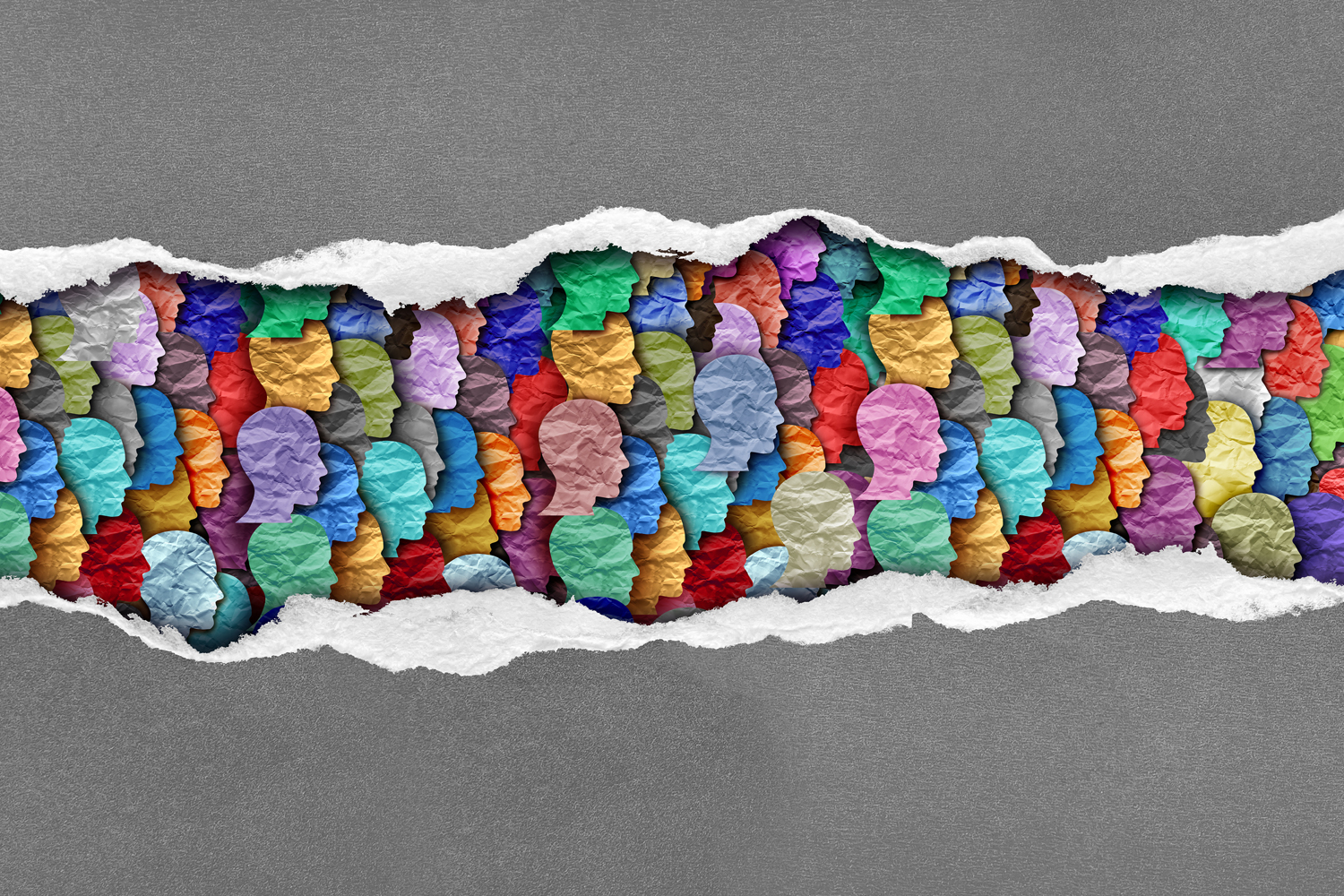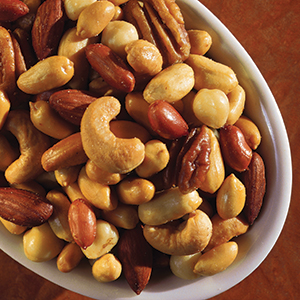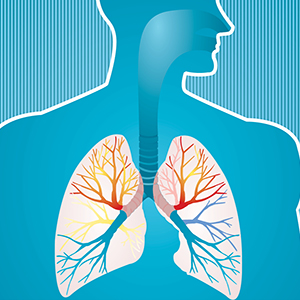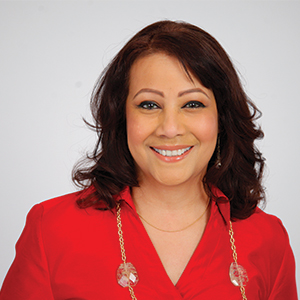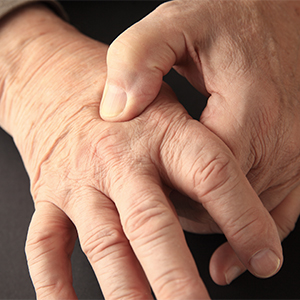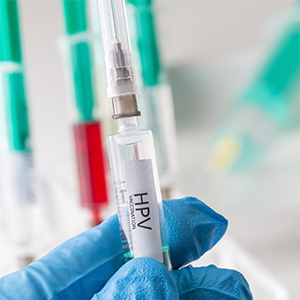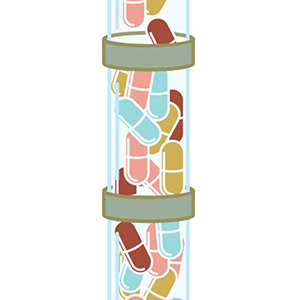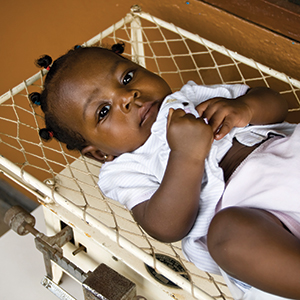-
Healthy Habits
Let’s Go NutsNuts pack satisfaction as well as health benefits.
by Brittany Moya Del Pino
-
Forward Look
Lung Cancer Screening for Smokers Almost Ready for Prime TimeStudies suggest low-dose CT screening can reduce lung cancer deaths in those at high risk.
by Sue Rochman
-
Q&A
Support in Any LanguagePatient advocate Ivis Febus-Sampayo promotes support services for cancer patients in minority communities.
by Marci A. Landsmann
-
Forward Look
Striking a NerveDoctors are trying to find new ways to treat the painful tingling and numbness caused by cancer treatments.
by Cameron Walker
-
A Clear Vision
Asking the right questions can help patients living with metastatic cancer understand the risks and benefits of recommended treatments and formulate their goals more effectively.
by Charlotte Huff
-
More Than a Signature
The informed consent process is designed to ensure that patients understand risks. But new advances involved in genetic testing and tissue donation may make signing on the dotted line more complex than ever.
by Stephen Ornes
-
Forward Look
Coming Up ShortA limited supply of cancer medications is affecting care.
by Steve McIver
-
Forward Look
Taking a Shot at Cervical CancerResearchers look for ways to increase acceptance of the HPV vaccine.
by Karen Patterson
-
Forward Look
Fueling the Pediatric Cancer PipelineNew efforts are needed to push the pace of drug development.
by Leah Lawrence
-
Forward Look
It Takes a VillageImproving pediatric cancer care in developing countries
by Leah Lawrence
Cancer Talk
The Power of Comedy
In a new play, the pain of cancer can be a chance to laugh.
by Ashley P. Taylor
Melanoma Risk in Childhood Cancer SurvivorsPeople treated for childhood cancer found to have twice the risk of developing melanoma as an adult.
by Cameron Walker
Online Second OpinionsMore than half of patients who participated in a program offering online second opinions were recommended a change to their treatment plan.
by Eric Fitzsimmons
Musical Toxicity an Effect of Cancer TreatmentStudy finding cancer treatment affects ability to play or sing music highlights need for physical therapy, experts say.
by Kyle Bagenstose

